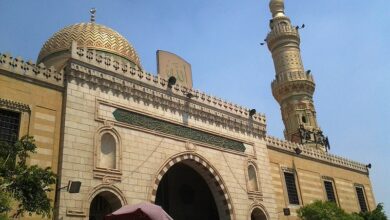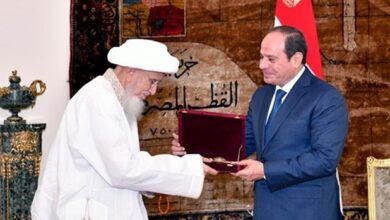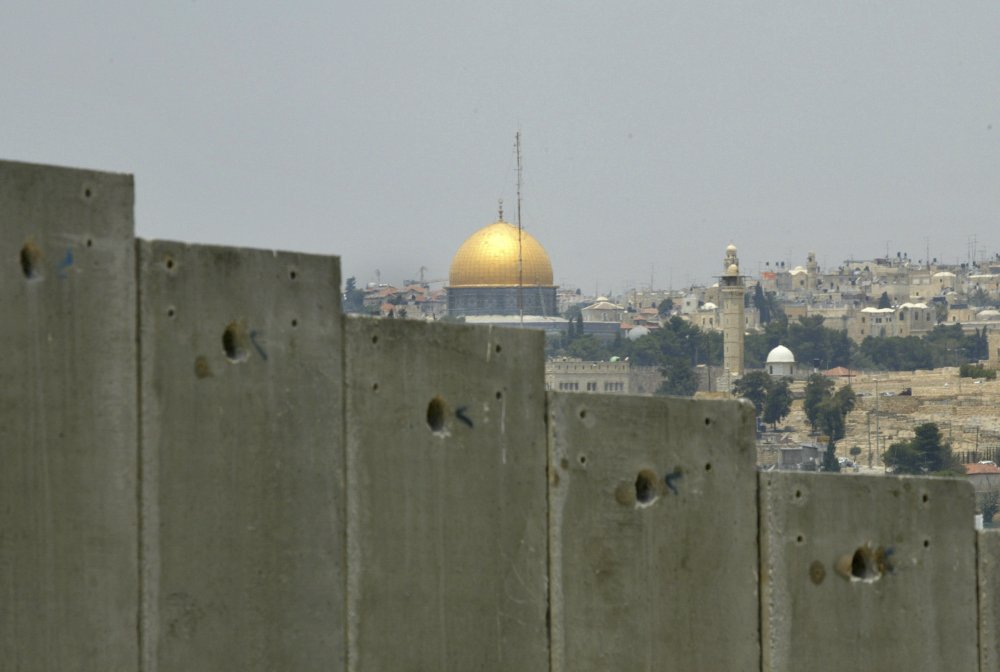This is the hero who gave up his life, who carried the name of my country, the one who protects our honor. May the military of my country be safe. Ask the sand of Sinai. Which blood irrigated it? Is it the blood of my nephew and relative? Or is it that of my friend? As life took us in a loop, a voice filled with kindness said: May our hands be cut, if they touch Egyptians. May the military of my country be safe.
Correct spelling, right grammar, but alas! Incomprehendable! When songs are sung, but lyrics cannot be translated, and when English is written, but is not understood, it means that two different mindsets are in operation but cannot meet.
Call it clash of civilizations; name it lack of understanding; describe it as a war of cultures, but lyrics of “May These Hands Be Safe,” or “Teslam El Ayadi” in Arabic, will remain incomprehendable to them, yet dear to us. The song presented by a group of Egyptian singers in a great hurry to celebrate the Armed Forces decision to respond to millions of Egyptians’ call for salvation from the rule of the Muslim Brothers turned into an Egyptian saga.
The song has become larger than life. To the majority of Egyptians, it became the synonym of “salvation,” “resuscitation,” “ending of a nightmare,” “restoring a stolen nation,” “twist of fate,” and last but not least “Defense Minister Field Marshall Abdel Fattah El Sisi a charisma that has been lost for decades and found at last.”
It has to be noted, though, that the same song carried opposite meanings for political islamists and their supporters. It has symbolized “destruction,” “coup,” “ending of a dream,” “infidelity,” and “apostasy.” The “Teslam El Ayadi” conflict in Egypt between pro- and anti-army intervention to end the rule of the Muslim Brothers in response to the call of millions of Egyptians could not be understood in the West. Likewise, the song, and what lies behind it, could not be understood. It simply did not make sense to flirt with the Armed Forces. It also did not mean anything to sing, dance and clap hands for an army general. And the saga continues.
Western media wrote features and shot videos of chocolatiers making chocolates with Sisi on top, or pastry shops selling cakes with an edible portrait of the field marshall. Stories ran in foreign media and videos were shared in the social media, but all failed to understand. Those who tried to understand could not explain the Sisi phenomenon beyond theories of hypocrisy, bootlicking, flattery, etc. Even liberals, pro-democracy, revolutionary, leftist, unpoliticized Egyptians could not translate what the song meant to them, or put into words that weird feeling of pins and needles going down their hands and legs whenever the tune is played.
Despite the fact that their fellow Egyptian Muslim Brotherhood supporters and sympathizers join forces with the West in pretending not to understand what the saga song stands for, Egyptians know that their Brotherhood friends know exactly what the song means. It means the same with religious singers chanting songs supporting the Emir of Faithful Believers Mohamed Morsy, or asserting the Islamic rule in Egypt where there is no room for secularism or liberalism.
Egyptians have always been emotional, warm-hearted, witty, and most of all smart, rather than religious, by nature. Nature tends to ring the alarm bell when there is man-made danger. It did so when the Muslim Brothers came to power.
Does this make sense? No! But who said that common sense always makes sense?!




